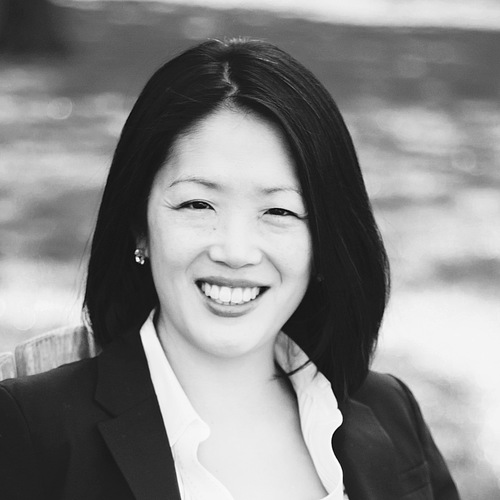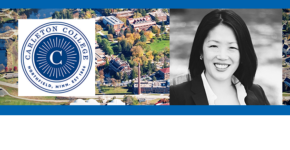 On Carleton College Week: Demand for adoptable children is on the rise.
On Carleton College Week: Demand for adoptable children is on the rise.
Elizabeth Raleigh, assistant professor of sociology, examines why transracial adoption is becoming more common.
Liz Raleigh, assistant professor of sociology (University of Pennsylvania, PhD) is a sociologist of race and the family. Her research focuses on how the supply and demand for babies shapes the pipeline and market for children available for adoption. As a mixed methods scholar, Raleigh conducts quantitative research using nationally representative data sets but also enjoys collecting people’s stories and analyzing qualitative interviews. She teaches as array of courses on the changing conception of family, racial categorization, acculturation amongst Asian immigrants, adoption and assisted reproductive technologies, and social statistics.
Transracial Adoption
Take a moment and picture an image of a transracial adoptive family. Did you picture a non-white parent with a white child? Probably not, which would make sense considering that only a tiny fraction of non-white parents adopt across race. The statistics, however, are different for white parents. How can we explain this discrepancy? Is it because white adoptive parents are more altruistic than non-white ones? Or is there something else going on?
As a sociologist, my research examines how adoption providers pitch the idea of transracial adoption to their mostly white clientele and investigates what the language and policies surrounding transracial adoption say about families and race in America. I argue that it is important to examine these statistics through a market lens taking into account the diminishing supply of white babies available for adoption.
Although there has been a decline in the so-called supply of children, demand for adoptable children – especially healthy infants – is on the rise. Fueled by growing rates of infertility, greater social acceptance for homogamous couples, and a surge of single parents by choice, there are more people looking to adopt healthy infants than there are children to go around – especially for white would-be parents. This is where transracial adoption comes in. As one social worker I interviewed put it, “You have to have race flexibility to adopt a baby.”
This framework may seem crass since it is hard to think about children in commodified terms, yet my research shows that private adoption is fueled by market considerations. In the words of another social worker I spoke with, she explains, “We need babies so we can make money, which is a horrible way to look at it, but that’s the reality of how you keep your doors open in adoption.”

Comments
One response to “Liz Raleigh, Carleton College – Transracial Adoption”
Thank you for the podcast. It is a difficult topic and has many impacts. I’d like to share a link to an article that offer another view https://newsmaven.io/indiancountrytoday/archive/native-american-transracial-adoptees-tell-their-stories-NyS5in66uEiOyELnD9-8cw/